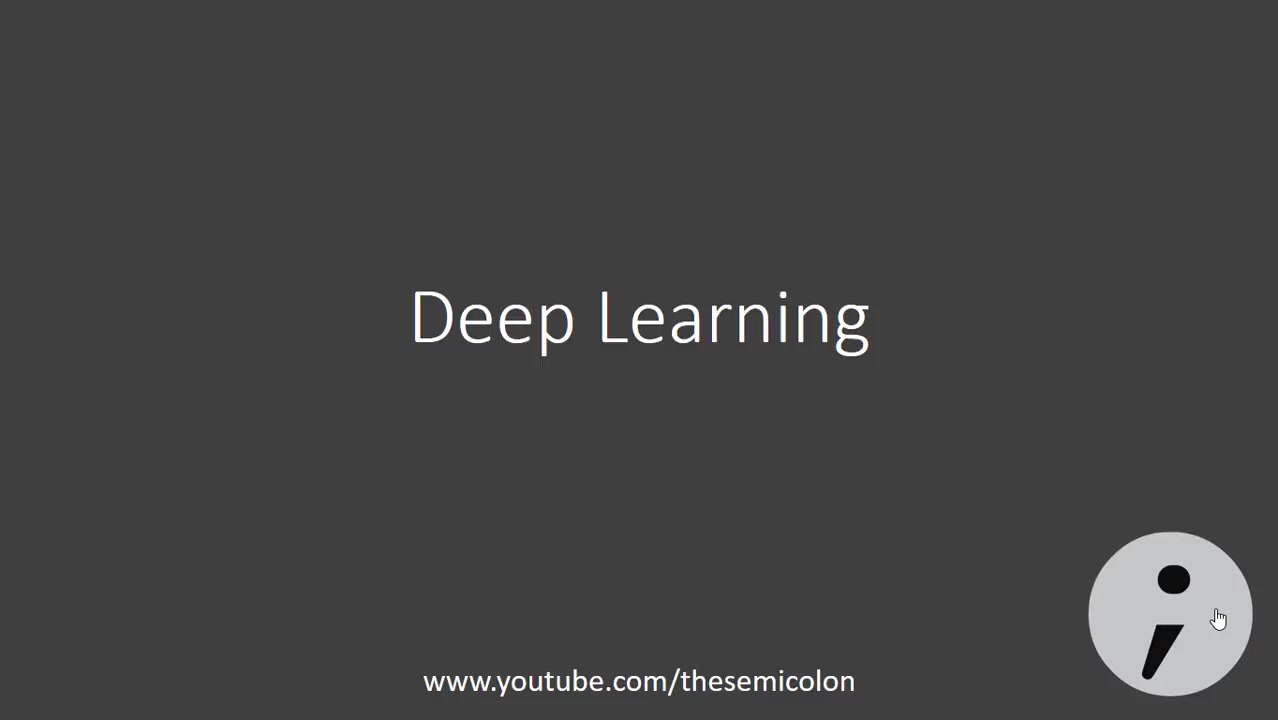|
Introduction: In today's digital age, ensuring the security of sensitive information is of paramount importance. Traditional encryption methods, although effective to some extent, are vulnerable to advancements in computing power and sophisticated hacking techniques. However, quantum cryptography, a revolutionary field that harnesses the principles of quantum mechanics, promises unbreakable security for transmitting data. This article explores the fundamentals of quantum cryptography and its potential applications in safeguarding our digital communications. What is Quantum Cryptography? Quantum cryptography is a branch of cryptography that exploits the principles of quantum physics to secure communication channels. Unlike classical encryption algorithms, which rely on complex mathematical computations, quantum cryptography utilizes the unique properties of quantum mechanics, such as superposition and entanglement, to achieve cryptographic tasks. Key Concepts: Quantum Key Distribution (QKD): The cornerstone of quantum cryptography is QKD, which allows two parties to establish a shared secret key over an insecure channel securely. By exploiting the Heisenberg uncertainty principle, QKD ensures that any attempt to intercept or measure the transmitted quantum states will disturb them, thereby alerting the communicating parties of eavesdropping attempts. Uncertainty Principle: The uncertainty principle, proposed by Werner Heisenberg, states that the more precisely one property of a quantum particle is known, the less precisely another property can be determined. In the context of quantum cryptography, this principle guarantees the security of transmitted information, as any measurement attempt by an eavesdropper introduces disturbances that can be detected. Quantum Entanglement: Quantum entanglement enables the creation of correlated quantum states between particles, regardless of their spatial separation. This phenomenon forms the basis for secure communication, as any attempt to intercept or measure an entangled particle will destroy the entanglement, revealing the presence of an eavesdropper. Applications of Quantum Cryptography: Secure Communication: Quantum cryptography offers a means of secure communication by providing unbreakable encryption. The shared secret key generated through QKD ensures that only the intended parties can access the transmitted information, making it virtually impossible for hackers to decipher the message. Financial Transactions: With the rise of digital payments and online banking, the need for secure financial transactions is critical. Quantum cryptography can provide an extra layer of protection, safeguarding sensitive financial data from unauthorized access or interception. Government and Defense: Governments and defense organizations handle classified information that requires the highest level of security. Quantum cryptography can enhance existing encryption methods, ensuring confidential communication channels for sensitive governmental and military operations. Conclusion: Quantum cryptography represents a paradigm shift in the field of cybersecurity. By leveraging the fundamental principles of quantum mechanics, it offers unprecedented security that is resistant to computational advances and hacking techniques. As we continue to rely more on digital communication, the adoption of quantum cryptography holds tremendous potential in protecting our privacy and securing our digital future.  |
